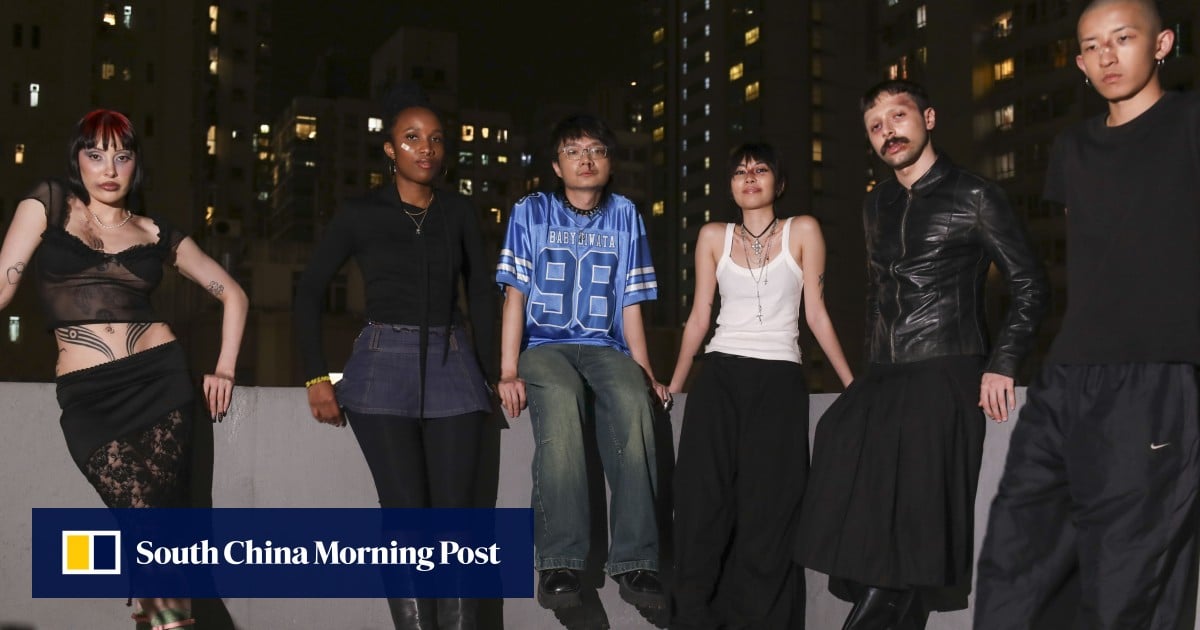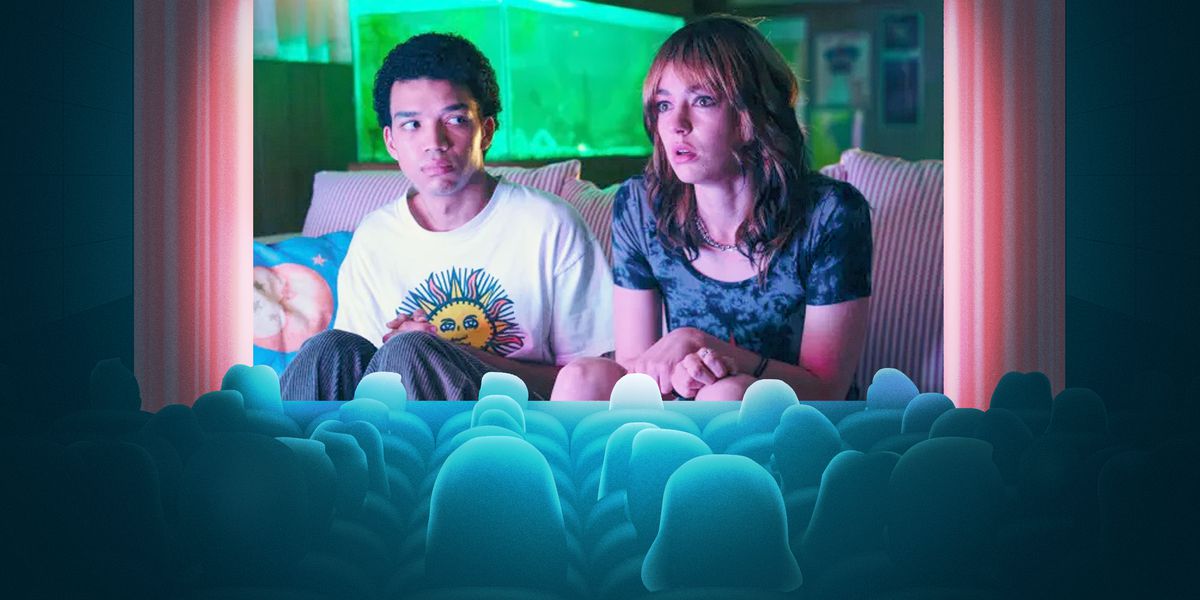
“Dance music was pioneered by ; it still is,” says Iranian-born Ahura Mazda (he/she/they). “Around the world, we see the emergence of queer collectives with such energy and unity, but then we look around Hong Kong, and there was close to no representation.”

Ultimately, the Möth team wishes to create a space “for the weirdos to enjoy alternative music in a safe space for people with ”, adds Loveless (he/they), who took his DJ alias from his favourite album of shoegaze band My Bloody Valentine.
He describes his eponymous record as “fast, hard and relentlessly loud”, much like his choice of “abrasive, aggressive and borderline unlistenable” music.
“Sound frequencies played beyond certain thresholds can induce a meditative, trancelike state, almost like the highs one gets from using substances,” he says. “That is exactly what I resonate with and want to achieve with my sets.”
Loveless thinks the current is “dictated by boys with s***-f*** taste in music who take themselves way too seriously”, which is something he aims to change with this new collective.
“I mean, just take a look at everyone involved with Möth. We are all f***ing weird and we embrace that.”

This musical collective “revolved around the love for alternative fashion, beauty and music tastes [that were] hard to come by” in Hong Kong, says Angelfr0mab0ve (she/her), an Australian-born dancer with mixed Burmese and English heritage.
“I wanted a sense of community and belonging for those who often feel marginalised or overlooked in mainstream society.”
Katagyal (she/her), on the other hand, whose immediate family is “made up of three G’s: Germany, Guinea and Ghana”, says she wished to “team up with like-minded people and transcend boundaries together through hybrid sounds and community”.

Her belief resonates with Möth’s motto as coined by Mazda: “Music, dance and creativity are the glues that bind together the people, the light bulbs that bring together the moths and the love that connects us queers and alts together as one big ecosystem and family.”
In the same vein, seeing DJing as a “full body experience” that connects “the physical and mental planes”, Katagyal likens the insect to DJs, as both are nocturnal beings: “In many spiritual systems, the night is a time of renewal and rebirth, and we are hoping to instil that feeling in the audience through our raves.
“We don’t have to put on a show in this collective. We can just be ourselves, experiment and grow.”

Manila-born Baby Diwata (she/they) elaborates that a moth is “some sort of misunderstood underdog overshadowed by the butterfly”, a concept that has drawn her to the insect the way it is drawn to light.
“As a collective, we each have our unique sound and encourage individuality. We want to cultivate an open-minded audience who appreciates new sounds.”
Despite an upbringing in an all-girls Catholic school, Diwata has learned to embrace her nonconformity and now plays music that is “pots and pans with a hard techno beat” mixed with tunes of Latin club and hyperpop, which she admits is.

The music of Gabber Kid (he/him) has the same twang. Born and raised in Hong Kong, he is a DJ, skater, model and a “noisy kid” with the hardcore genre of techno playing in his head “from day to night”.
While acknowledging that most people do not fall in love with the gabber genre – a subgenre of hardcore techno – at first listen, he says it takes time and, through Möth, he hopes to create an environment where he “can unleash their magic and support the development of other creatives”.
Safety and education are also some of the main focuses of the collective. Ravers have “the intrinsic responsibility to look after one another”, says Loveless, “because you’ve already become part of a community that’s bigger than yourself.
“I hope more people see the importance of creating safer raves for everyone.”

Diwata says she has been in unsafe situations at parties, and now she wants to be there for other women, queers and allies as she believes that “nightlife plays a big part in shaping behaviours that we carry into our daily lives”.
But raves are not the sole focus of Möth, and there are more than just the six DJs involved in its myriad missions. It takes a village. Mazda says the collective is committed to being non-hierarchical while each member is responsible for organising categories of outreach.
Yaz (they/them), who leads social welfare for Möth, says, “Coming together outside the dance floor, we liaise with communities that we want to create solidarity work with and garner more support aid for.
“We want to ensure inclusivity and accessibility across all events and provide a safe experience for all, especially the queer community in Hong Kong.”

The collective also has a financial aid application programme offering discounted ticket fees or free entry to members of marginalised communities to ensure inclusivity.
Additionally, Möth is in solidarity with and contributes to the Palestinian cause, as Mazda asks, “What is a community without a direct mission to help each other and others?”

On April 13, Möth performed at the techno establishment Arcan, in Ho Chi Minh City, Vietnam, as one of the three Asia-based queer collectives invited to celebrate the techno club’s sixth anniversary, alongside Singapore’s Bussy Temple and Bangkok’s Nonnonnon.
Locally, Möth will host a three-hour DJing introduction workshop on April 27, and an interactive movement and noise performance on May 4, both in Eaton HK.
“We don’t tell DJs what to play,” says Mazda. “We don’t try and all look the same; we don’t try to stick to one genre of events. When we say open, diverse communities, we mean it.”



